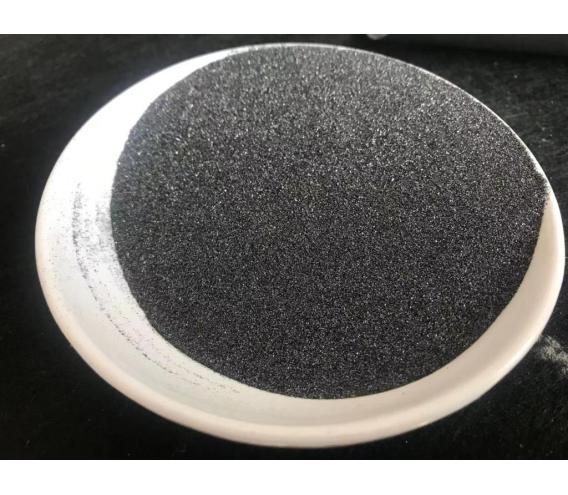Hypertension Management Center (HPC) Applications: Enhancing Patient Outcomes and Reducing Costs
(hpmc applications)
Introduction: Hypertension is a leading cause of morbidity and mortality worldwide, affecting millions of people. Managing hypertension effectively requires the integration of various applications to improve patient outcomes and reduce costs. In this article, we will discuss three popular HPC applications that are widely used to manage hypertension.
Hypertension Education and Awareness: A vital component of hypertension management is education and awareness. Health educational materials, including brochures, videos, and online courses, can help patients learn about their condition, monitor blood pressure levels, and understand lifestyle modifications that can help lower blood pressure. Additionally, awareness campaigns can raise public consciousness about hypertension, leading to improved screening rates and better treatment adherence.
Blood Pressure Monitoring and Measurement: Blood pressure monitoring and measurement devices are essential tools for accurate hypertension management. These devices provide continuous data on blood pressure levels and can be used at home or in healthcare settings. The use of wearable devices such as smartwatches and fitness trackers has become increasingly popular in recent years, offering real-time monitoring of blood pressure levels without the need for a doctor visit.
Diagnosis and Treatment Planning: Hypertension management also involves the diagnosis and treatment planning of high blood pressure. With the increasing availability of advanced diagnostic tools, doctors can now diagnose hypertension more accurately and make more informed treatment decisions. This includes genetic testing, imaging studies, and medication therapy. In addition, personalized treatment plans can be developed based on individual patient needs and preferences, leading to better outcomes.
Cost-Effective Care: Hypertension management through HPC applications can be more cost-effective than traditional care methods. For example, medication therapy can be prescribed using an online platform, reducing the need for doctor visits and hospitalization. Additionally, patient education materials and medical devices can be purchased through a refill program, saving money over time.
Conclusion: Hypertension management is a complex process that requires a multi-faceted approach. Incorporating HPC applications into hypertension management can lead to better outcomes, reduced costs, and increased patient satisfaction. As technology continues to advance, it is likely that we will see even more innovative solutions emerge for managing hypertension, improving patient care and driving down healthcare costs.
(hpmc applications)
Note: All content is provided for information purposes only and should not be used as professional advice. It’s always best to consult with a qualified healthcare provider regarding any health concerns you may have.
Inquiry us
if you want to want to know more, please feel free to contact us. (nanotrun@yahoo.com)

